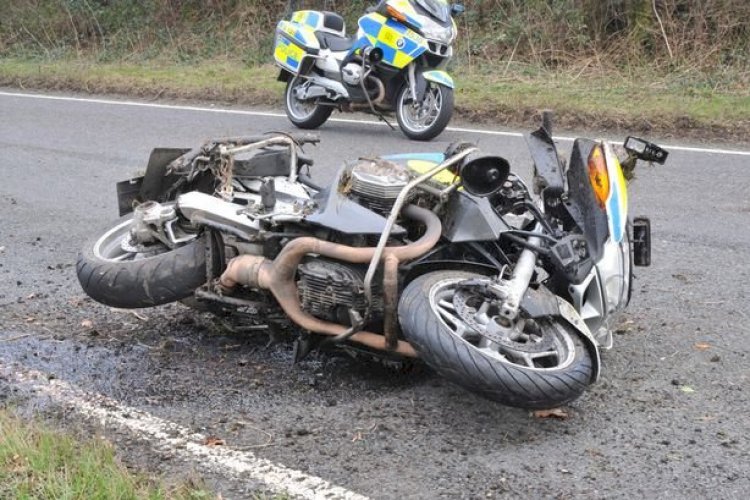You are trained and competent at both CPR and First Aid and you come upon a scene that obviously requires you to perform one or both of these services. What is the FIRST thing that you should do?
At a recent monthly meeting of the Houston chapter of the Lone Star Ladies there was a discussion of this topic that left me very uncomfortable. The reason for this is that I heard suggestions that ranged from “Start CPR immediately” to “Make sure the victim can breath.” I, on the other hand, suggested that the very first thing that should be done is to arrange to have 911 called.
The members unanimously found fault with that suggestion.
While I understand their desire and goodwill in the matter, I think it is important to think this through a little more carefully than we all did at that meeting.
Recall that the premise is that it’s obvious that either CPR or First Aid services are required. In other words, I’m not suggesting that you have come upon a person sleeping at the side of the road who happens to look like s/he might need your help. Instead, you happen upon a scene in which there is obviousmajor trauma to someone.
Let’s say that you discover that the person’s heart is not beating. Traditional thinking has it that you must start CPR immediately! The logic is that failure to do so could very well allow the victim to die needlessly – oxygenated blood is not getting to the victim’s brain!
While that is true, and even if you are fully trained and qualified to administer both CPR and First Aid, it seems to me that without trained EMS help along with transportation and other life-supporting facilities to help you, the odds are overwhelming that the victim will die anyway! Maybe five minutes later, maybe five hours later, but it will almost certainly happen. (Recall that if his heart has already stopped he is already ‘dead’ and all you are trying to do with CPR is keep it from being a permanent status.)
It is a fact that most trauma cases require multiple SIMULTANEOUS EMS efforts. While you administer CPR, for example, you cannot also be stopping the loss of blood from an amputated leg!
If you are alone and not near a telephone, you have no alternative but to try to help the victim while waiting for someone else to show up who can summon help for you (assuming you decide to provide CPR at all.) But if you are close to a telephone then it is my opinion that the very first thing you should do is call 911. This will cost a brief delay in starting the victim’s aid, but it increases the odds that the victim will ultimately survive substantially!
Consider: You are riding your bike and see an accident occur in front of you. You stop your bike to see if you can help. Did you pull over to the side of the road then put the kickstand down or did you just drop the bike to save time? You pulled out of the way of traffic and probably put the kickstand down as well! That cost very little time, but helped insure that you would not become another victim of accident. That would obviously not help the first victim. So, even before a one minute phone call to 911 you need to be sure that the scene is secure! Be sure it poses no immediate danger to you or others. THEN, make your call.
A one minute 911 phone call to get a trained and equipped EMS unit out to the scene costs one minute. If you spend ten minutes doing CPR before someone calls 911, that costs the victim TEN MINUTES of pure oxygen, pain killers, whole blood, and transportation to a hospital!
If there are more than one of you at the scene, the FIRST thing you should do, in my opinion, is insure that someone places a 911 call. No ifs, ands, or buts. If it turns out that 911 is not actually needed, you can always call them back and cancel the request. But you can never recover lost time for a major trauma victim. You are, after all, trying to save his/her life – you are trying to buy time. Why give time away unnecessarily?
There is a significant exception to the above: if the victim is a child whose heart has stopped beating or who has stopped breathing, then the child’s chance of survival increases if you begin immediate life support – but this is a tough call.
Copyright © 1992 – 2013 by The Master Strategy Group, all rights reserved.
http://www.msgroup.org
(James R. Davis is a recognized expert witness in the fields of Motorcycle Safety/Dynamics.)



